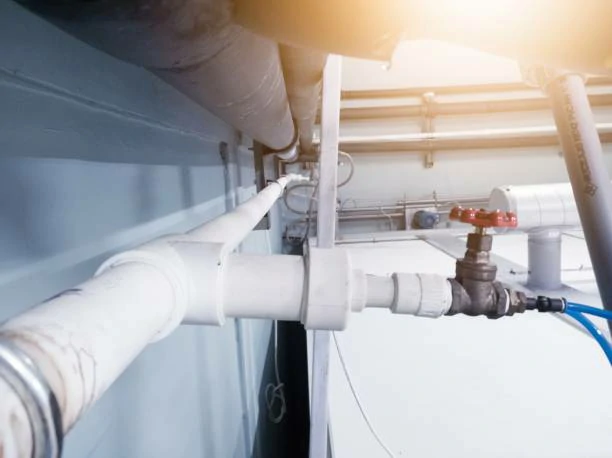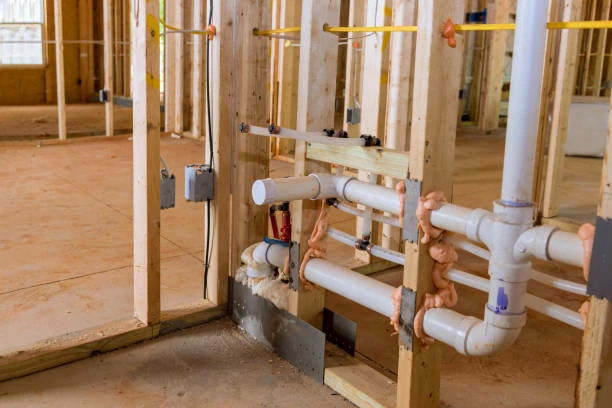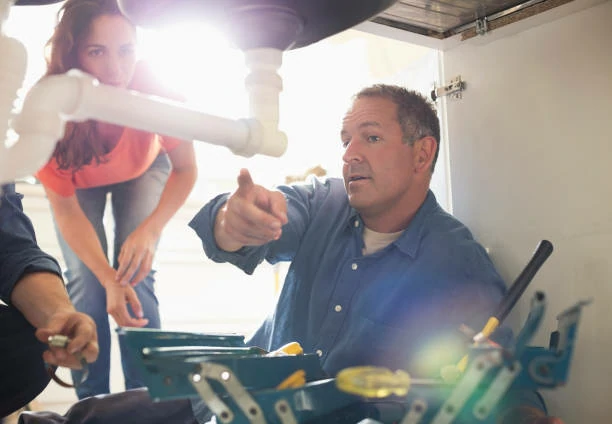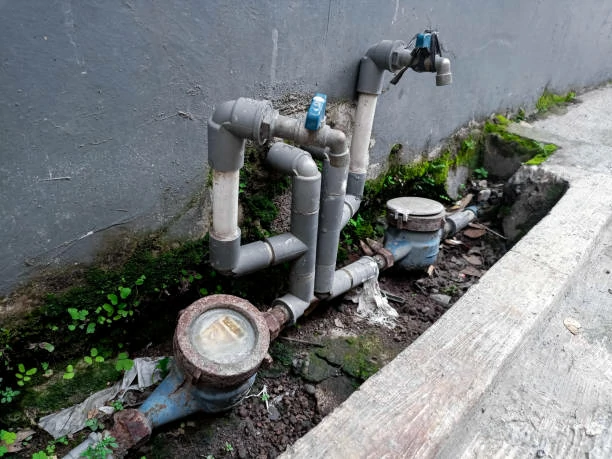Brass ball valves offer a long lifespan, making them an exceptional choice for a variety of applications. The combination of durable materials, robust design, and minimal maintenance requirements ensures that these valves provide reliable service over extended periods. This longevity translates to cost savings and dependable performance in both residential and industrial settings.
Material Durability
Brass, an alloy of copper and zinc, serves as the primary material for these valves due to its excellent durability. Copper provides natural resistance to corrosion, while zinc adds strength and rigidity. This alloy resists wear and tear, even under harsh conditions, contributing to the long lifespan of brass ball valves.
The thermal conductivity of brass also plays a significant role in its durability. Brass efficiently dissipates heat, preventing thermal stress that could lead to material fatigue and failure. This property ensures that brass ball valves perform consistently in environments with temperature fluctuations, further extending their operational life.
Robust Design
The design of brass ball valves enhances their longevity. The primary component, a spherical brass ball with a hole through its center, rotates within the valve body to control fluid flow. This simple yet effective mechanism reduces the number of moving parts, minimizing the potential for mechanical failure.
Brass ball valves typically feature soft seats made from materials like PTFE (Polytetrafluoroethylene) or other elastomers. These seats create a tight seal around the ball, preventing fluid leakage and reducing wear on the valve components. The use of high-quality seat materials ensures that the valve maintains its sealing efficiency over time, contributing to its extended lifespan.
Moreover, the floating ball design, where the ball floats slightly within the valve body, enhances the durability of these valves. This design ensures that the ball presses firmly against the downstream seat when the valve closes, providing a consistent seal. The floating ball design accommodates pressure variations, reducing stress on the valve components and prolonging their service life.
Maintenance and Longevity
The simplicity of brass ball valve design results in minimal maintenance requirements, which directly contributes to their long lifespan. Routine maintenance involves inspecting the valve for wear and ensuring the seals remain intact. The corrosion resistance of brass minimizes the risk of material degradation, ensuring long-lasting performance.
Easy access to internal components further simplifies maintenance. Maintenance personnel can quickly disassemble the valve, perform necessary repairs or replacements, and reassemble it with minimal downtime. This ease of maintenance reduces operational disruptions and lowers maintenance costs, making brass ball valves a cost-effective choice for long-term use.
Applications
The long lifespan of brass ball valves makes them suitable for a wide range of applications across various industries. In residential plumbing systems, these valves control water flow to fixtures, providing homeowners with a durable solution for shut-off and control needs. Their resistance to corrosion and wear ensures reliable performance over many years, even with frequent use.
In industrial settings, brass ball valves handle various fluids, including gases, water, and oils. Their durability makes them ideal for processes requiring reliable fluid control over extended periods. Industries such as manufacturing, chemical processing, and oil and gas benefit from the long lifespan of brass ball valves, as it reduces the need for frequent replacements and minimizes downtime.
HVAC Systems
Heating, ventilation, and air conditioning (HVAC) systems rely on brass ball valves for their durability and reliable operation. These valves regulate refrigerant flow and control heating and cooling fluids, ensuring efficient system performance. The long lifespan of brass ball valves minimizes the risk of valve failure in HVAC systems, which can operate in environments with varying temperatures and humidity levels.
Oil and Gas Industry
The oil and gas industry demands valves that can withstand harsh environments and corrosive fluids. Brass ball valves meet these requirements, controlling the flow of hydrocarbons and other fluids in pipelines and processing facilities. Their robust construction and long lifespan make them ideal for use in upstream, midstream, and downstream applications, where reliability and safety are paramount.
Environmental Considerations
The long lifespan of brass ball valves offers several environmental benefits. Reducing the need for frequent replacements minimizes waste, contributing to more sustainable operations. The recyclability of brass further enhances their environmental profile, as the material can be reused at the end of the valve’s service life.
Additionally, the efficient operation of brass ball valves contributes to energy savings. In HVAC systems, for example, quick and precise fluid control ensures that heating and cooling processes operate efficiently, reducing overall energy consumption. In industrial processes, reliable fluid control minimizes leaks and waste, further supporting sustainable practices.
Cost-Effective Solution
The combination of durability, low maintenance requirements, and long lifespan makes brass ball valves a cost-effective solution for fluid control. Their extended service life reduces the need for frequent replacements, lowering overall costs. The straightforward design simplifies installation and operation, saving time and labor costs.
Furthermore, the versatility of brass ball valves allows for their use in a wide range of applications, reducing the need to stock multiple types of valves. This versatility streamlines inventory management and reduces procurement costs, further enhancing their cost-effectiveness.
User-Friendly Features
Several features of brass ball valves enhance their usability and durability. Many models include ergonomically designed handles that provide a comfortable grip, reducing the effort required for operation. Some valves feature lockable handles, allowing users to secure the valve in a desired position and prevent accidental operation. This feature proves particularly useful in applications where safety is paramount.
In addition, certain brass ball valves incorporate visual indicators on the handle or valve body, providing clear and immediate feedback on the valve’s status. These indicators enhance user confidence and ensure that operators can quickly verify whether the valve is open or closed.
Conclusion
Brass ball valves stand out for their long lifespan, making them a reliable and efficient choice for various applications. Their material properties, robust design features, and minimal maintenance requirements ensure consistent performance over extended periods. Whether in residential plumbing, industrial processes, HVAC systems, or the oil and gas industry, brass ball valves provide a durable and dependable solution for fluid control needs. Their environmental benefits, cost-effectiveness, and user-friendly features further enhance their value, solidifying their position as a preferred choice in the market.
Contact
IFAN is a professional manufacturer with 30 years of experience, dedicated to producing high-quality plastic pipes, fittings, and valves. Our products include brass valves, PPR valves, as well as various pipes and fittings to meet different customer needs. Whether you need plumbing and drainage pipes or valve products, IFAN can provide a diverse range of high-quality, cost-effective products to support your projects. Below is our contact information.
We will reply your email or fax within 24 hours.
You can call us at any time if there is any question on our production.
For more information,pls visit our webside https://www.ifanplus.com/
Pls Mailto: [email protected]
Whatsapp: + 86 19857948982






